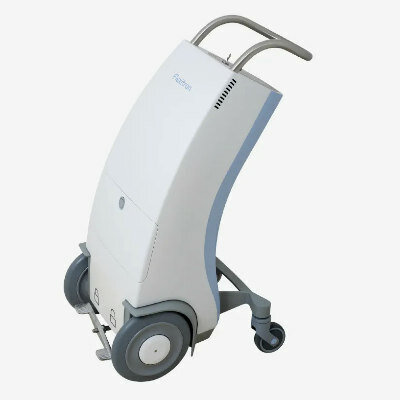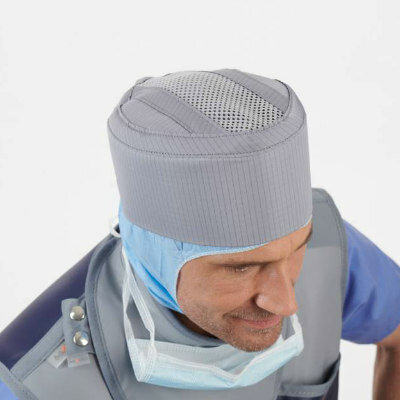Cardiac MRI Improves Diagnosis in Patients with Life-Threatening Arrhythmias
By MedImaging International staff writers
Posted on 01 Mar 2012
New research out of Canada has shown the benefits of performing cardiovascular magnetic resonance (CMR) imaging in instances where patients have been resuscitated after sudden cardiac death, or enter the hospital suffering from ventricular arrhythmias.Posted on 01 Mar 2012
Cardiologist Dr. James White and his colleagues from Western University’s (London, Ontario, Canada) Schulich School of Medicine & Dentistry, found CMR to be a very effective diagnostic imaging approach, identifying a cardiac diagnosis in 75% of cases compared with only 50% in all other testing. Overall, CMR identified a new or alternate explanation for the arrhythmia in 50% of patients. The findings were published in the January 2012 issue of Circulation: Cardiovascular Imaging, a journal of the American Heart Association.
The study assessed the impact of performing CMR in 82 consecutive patients that presented to hospital with either resuscitated sudden cardiac death or ventricular tachycardia. “In these cases, there is a fear of recurrence, so we want to identify what might be at the root of the heart rhythm,” explained Dr. White, the director of the cardiovascular MRI Clinical Research Program at Schulich’s Robarts Research Institute (London, Ontario, Canada).
Conventional cardiac imaging tests were performed in all patients. In addition, the researchers used a 3-Tesla MRI scanner at the Robarts Research Institute to assess whether they could determine the problem with one test. “What we found was interesting. In three-quarters of the patients who had an MRI performed, we were able to identify a plausible reason why that heart rhythm occurred.
When we looked at the conventional testing and in only half the patients found a cause. So this made a very big and incremental difference to our diagnosis of these patients. We also found that about 50% of the time, we provided either a new or alternate diagnosis for this patient population.”
The patients were frequently found to have inflammation of the heart muscle or small heart attacks that had gone undetected. The research was conducted in conjunction with the arrhythmia department at London Health Sciences Center (LHSC).
Related Links:
Western University
Schulich’s Robarts Research Institute














